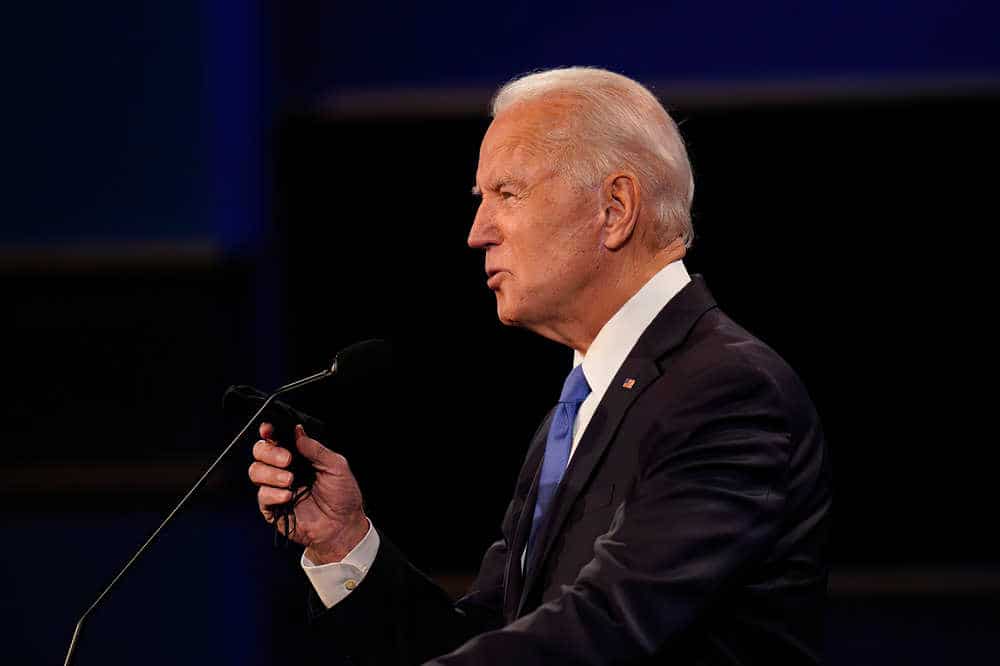
It comes as no surprise that the Biden administration’s bipartisan infrastructure bill contains a multitude of rewards and perks for blue-state progressive programs. The bill, which has received the support of 18 Republicans in the Senate, is only a down payment on the second part of the Democratic “infrastructure” pork paradise, the $5 trillion or more reconciliation bill that is soon to come.
One of the things the public has learned about the bipartisan bill is that it favors blue states with taxpayer money for pushing immigration levels higher.
The bill contains the Digital Equity Act, which sounds like it would not involve immigration at all. That provision is presented as a measure to expand broadband availability to American communities without high-speed internet access.
A closer look reveals that the law will allocate federal money to states or regions based on the numbers of newly arrived immigrants reported. Blue states, which have larger reported immigrant populations, will reap the most incredible benefits from the plan.
The Department of Commerce will be directed to set up a grant program marked for broadband expansion. The grants are to be distributed according to a formula placing one-half of grant amount determination on relative total population, one-quarter on relative “covered” people, and one-quarter on the comparative lack of broadband availability.
“Covered” populations are defined as including newly arrived immigrants. English “learners” with low literacy are included explicitly in the definition. Other groups considered “covered” are the disabled, nonwhite Americans, rural Americans, and the incarcerated.
Blue states with pockets of high earners and sanctuary cities stand to receive the most significant share of the new benefits. California would be the greatest beneficiary of the act, with a foreign-born population measured at about 24 percent.
The top 10 U.S. counties with the highest percentages of foreign-born persons will be first in line under the program. Several blue state urban centers are on the list, including Los Angeles County, California; Cook County, Illinois; Queens County, New York; and Santa Clara County, California.
Many red states are also the lowest ranking in foreign-born populations and will lose out on broadband funds as a result.
The bipartisan infrastructure bill is expected to land on the House floor for debate and a vote next month following the Senate’s approval.










